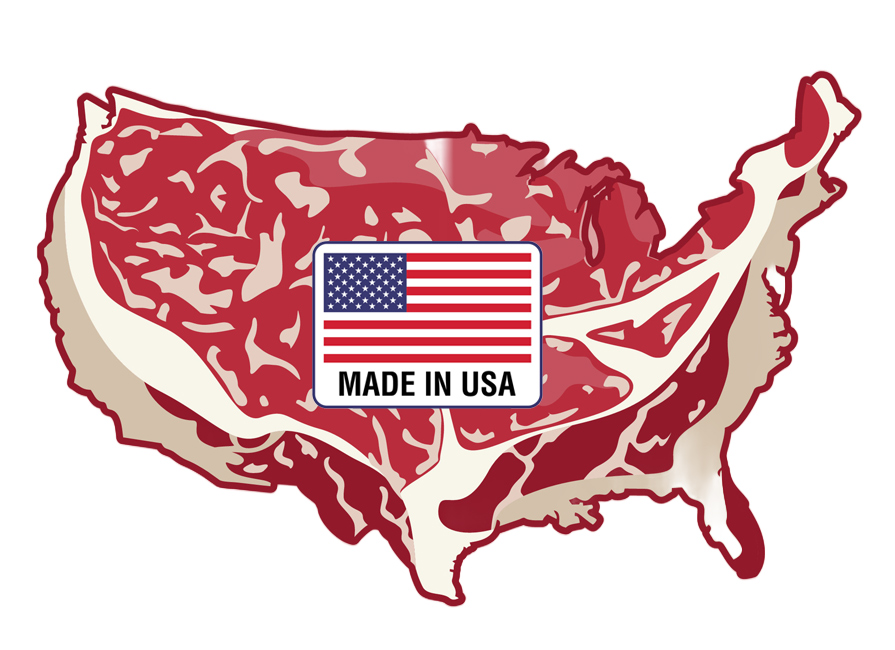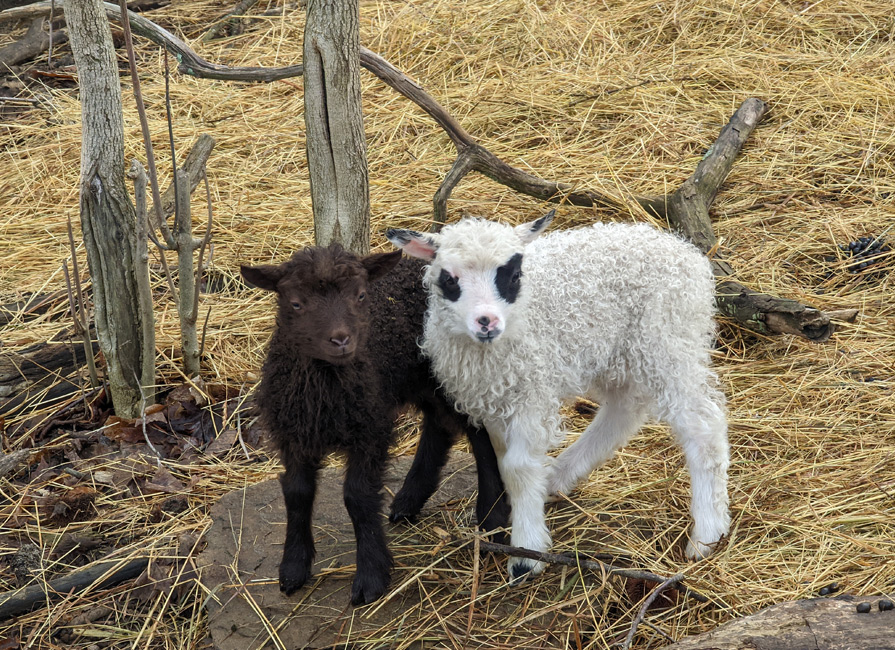In today's increasingly food-conscious world, consumers expect a label to mean what it says—including the…
A Bit of Dirt a Day Keeps the Doctor Away
 Most people have heard the old saying “a bit of dirt never hurt anyone.” When my kids were little and they dropped a piece of apple on the floor, I would run it under the tap for a second or two before passing it back to them for a (usually unsuccessful) second attempt to eat it. I did it almost without thinking–instinctively perhaps. And I remember my parents doing the same for me–and no doubt my grandparents did exactly the same for my parents when they were young.
Most people have heard the old saying “a bit of dirt never hurt anyone.” When my kids were little and they dropped a piece of apple on the floor, I would run it under the tap for a second or two before passing it back to them for a (usually unsuccessful) second attempt to eat it. I did it almost without thinking–instinctively perhaps. And I remember my parents doing the same for me–and no doubt my grandparents did exactly the same for my parents when they were young.
Of course, the underlying principle here arguably has its roots in basic human biology: the more germs we are exposed to when we are younger, the stronger our immune systems are in later life. And this very same principle extends to the way many of us choose to farm.
Animal Welfare Approved farmers know that allowing animals to behave naturally and providing them with a low-stress environment helps to maintain their natural immune systems–their so-called “positive health.” And by working with nature, and not against her, we know that exposing stock to low levels of disease or internal parasite challenges in their early lives–as opposed to routinely using non-therapeutic medicines–will help to produce robust animals with vigor and resilience who only need veterinary treatments for disease or injury.
Over the last decade or two, however, this commonsense principle has been largely swept aside at both the home and the farm, as our ongoing war against Mother Nature entered a new “biological” phase. With the seemingly endless supply of powerful medicines and plentiful sanitation products, our healthy respect for the unseen bacteria around us rapidly developed into an obsession with hygiene and cleanliness at both home and on the farm. We sprayed and wiped our homes in order to kill “99% of known household germs,” while our intensive farmers used copious amounts of antibiotics to achieve ever higher levels of productivity and prevent the inevitable outbreak of disease among the closely confined animals on their holdings.
Of course, we are now rapidly learning of the hidden costs of this naive pursuit to eradicate or dominate the microbial world. As many of us suspected, excessive day-to-day domestic hygiene practices have been linked directly with the recent boom in allergies in developed countries, as our children’s immune systems are threatened. Similarly, our attempts to control disease outbreaks in Concentrated Animal Feeding Operations (CAFOs) through the routine use of antibiotics is leading to the emergence of antibiotic resistant diseases which now present a very real threat to human health.
Scientists are discovering that our relationship with the bacteria around us –and inside us–is much more complex than we first thought. Indeed, animal researchers in the UK have now established a direct link between exposure to bacteria in early in life and the reduction of allergies and other autoimmune diseases later on. They tested three groups of piglets: one raised in an outdoor environment, another raised in an indoor environment, and the third reared in an isolated environment (where they were fed antibiotics daily). After examining their gut tissues and faeces at different growth stages, the scientists found that the outdoor pigs quickly developed communities of “friendly” bacteria in their guts which then helped them develop healthy immune systems later in life. They found that 90% of bacteria in the gut of outdoor piglets were species known for their health promoting effects and for their ability to minimize intestinal pathogens, such as E. coli and salmonella. In contrast, “friendly” bacteria made up less than 70% and less than 50% of the gut flora of the indoor pigs and isolated bred pigs, respectively. The researchers also found the differences in gut microbial communities affected the piglets’ immune systems, with the outdoor pigs able to respond more appropriately and effectively to disease challenge. It now appears that exposure to dirt during a pig’s early life actually plays an important part in the development of its natural immunity.
Of course, I am not suggesting a return to the “Dark Ages” for farming, nor a regular diet of fresh soil for our kids. But the emerging science around these issues is now raising important questions about what we really mean by good health and hygiene at home and on the farm. And this new research also represents a small but important step in establishing the scientific facts behind the wide-ranging benefits of grass-based outdoor farming systems. Because it’s not all just “mud and magic.”



